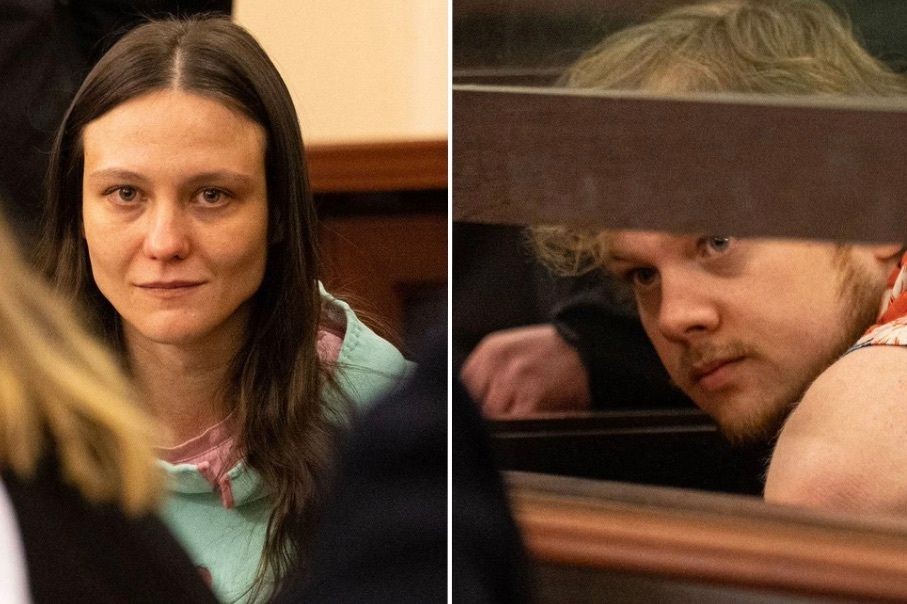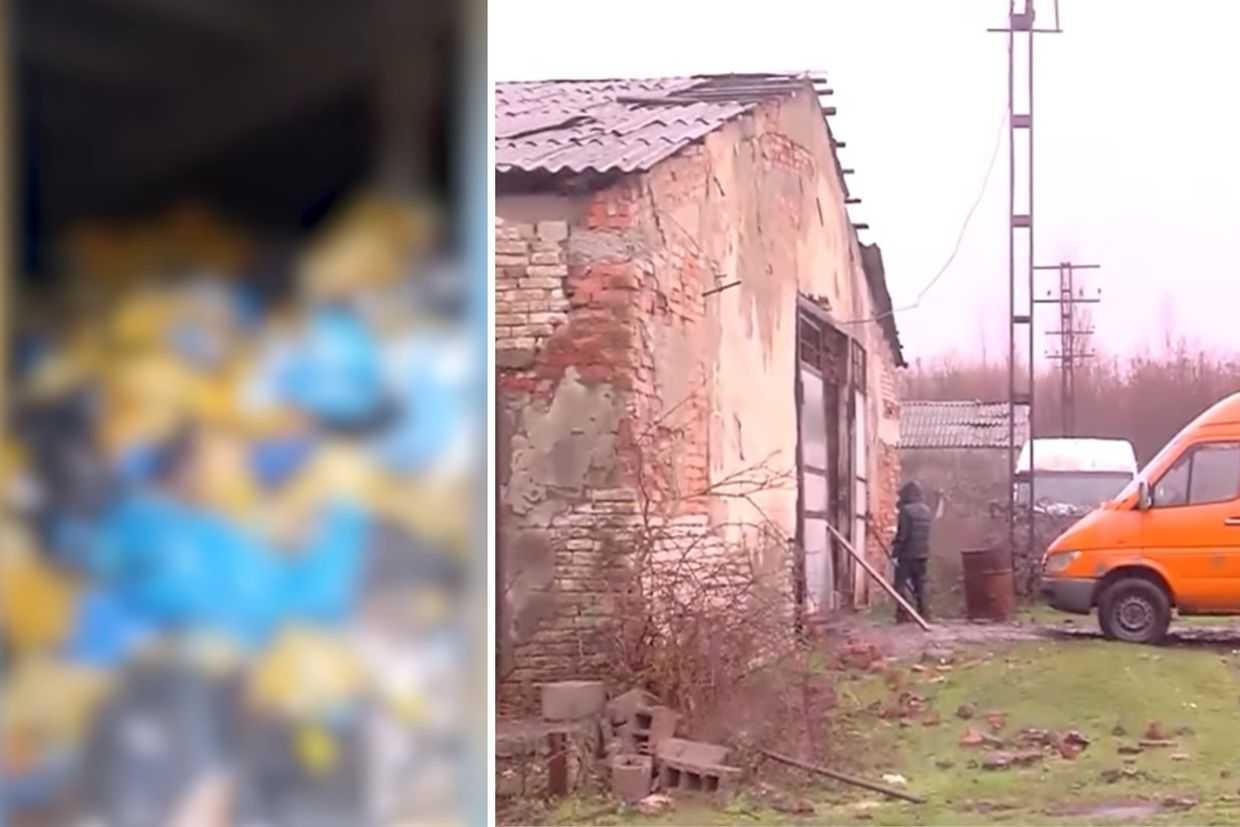
Two Russian activists who have been involved in protests both in their native country and in Georgia have been charged with drug smuggling, Publika reported on Tuesday, citing court statements and comments from their lawyer, Shota Tutberidze.
The two individuals, Anastasia Zinovkina and Artem Gribul, moved to Georgia after the beginning of Russia’s full-scale war in Ukraine in 2022.
Prior to their relocation, Zinovkina and Gribul had been involved in various activist movements in Russia — including Mikhail Khodorkovsky’s Open Society organisation — and had regularly attended rallies in support of the late opposition leader Aleksei Navalny.
After pro-EU protests began in Georgia, Tutberidze said the two continued their activism in Tbilisi, participating in demonstrations and offering other protesters free tea and coffee.
Zinovkina and Gribul were arrested in December 2024 after a detective said he had received a tip that they were involved in a criminal ring organised to traffic synthetic amphetamines.
Both have denied the validity of the charges, claiming that police planted the 16 grammes of amphetamines police allegedly found in their belongings during the arrest.
In a statement in court, Gribul said that police officers had directly told him following his detention that he was being punished for participating in protests.
Tutberidze listed a number of irregularities that occurred during the detention, which he said pointed to evidence that their arrest was not part of a typical investigation into drug trafficking, but rather targeted persecution of Zinovkina and Gribul using falsified evidence.
‘The goal [of the police] was not to conduct an investigation, the goal was to catch these people’, Tutberidze said.
There is no footage of the initial search of Zinovkina and Gribul’s belongings, during which the police claimed to have found drugs, and the subsequent search of their apartment, where more drugs were found, ‘raises a lot of suspicions’, Tutberidze added.
He further noted that no additional evidence that could help bolster the case that the two were actually involved in drug trafficking had been produced.
In court, Zinovkina said she was also sexually harassed and threatened by police during her detention.
While she was being searched, Zinovkina said that one officer put his hands on her genitals and told her that if she moved, he would ‘punish her with this part of her body’.

The two have been charged with possession of drugs with the intent to sell, which can carry a sentence of eight to 20 years if convicted. Their next court hearing is scheduled for 24 February.
In the interim, Publika said it had reached out to the prosecutor’s office with a request to comment on the allegations of harassment and irregularities in the detention and evidence-gathering process, but the office declined to comment.
Tutberidze also noted that he had appealed to the Special Investigation Service, and that probe into the matter has been launched.
Earlier in February, Transparency International — Georgia accused the police of planting drugs on three people — one of whom was a Russian national — detained during the anti-government process in a bid to discredit the protest movement.











